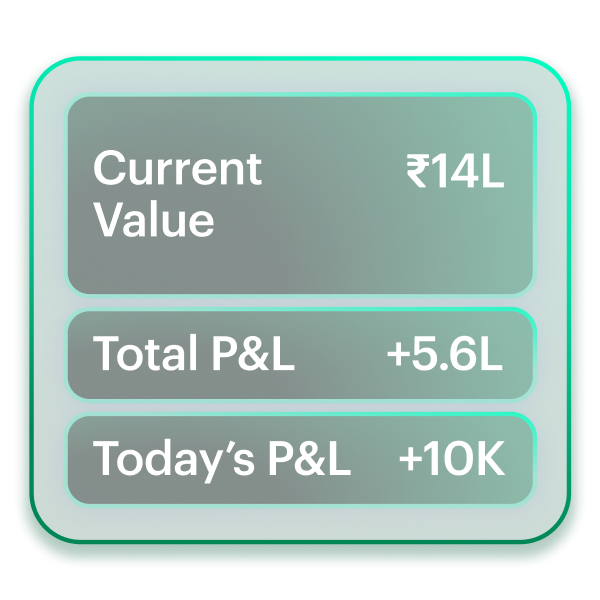Last Updated on Jan 9, 2023 by
Each company in our smallcase has a strong product market fit, which not only defends its moat but also ensures its consistent growth for their products
Product-market fit is a crucial factor that determines the success of a product in the market. It refers to the degree to which a product satisfies the needs and preferences of a target market. A product with a strong product-market fit can attract and retain customers, leading to increased revenue and profitability for the company. On the other hand, a product with a weak product-market fit may struggle to attract and retain customers, leading to lower revenue and profitability.
Product-market fit is a crucial factor that determines the success of a product in the market. It is important for businesses to continuously assess and adjust their product offering to ensure that it meets the needs of the target market. By doing so, businesses can increase their chances of success and profitability.
Table of Contents
Companies with strong product market fit
Most companies need to identify their product market fit through a series of innovations and adaptations based on customer feedback to optimise their products to fit the needs of the target market.
- Balkrishna Industries: The company, established in 1950, spent 37 years discovering its product market fit. In 1987, they entered the “off-road tire industry. Over the next 35 yrs, they became the leading tire company in terms of market capitalisation, with an 8% share of the global tire market by 2022.
- RHI Magnesita: The parent company of the business was established in 1834. It took 54 yrs for the company to find their product market fit and in 1888, it launched its first refractory plant. Since then, it has consistently been the top global company in its field. They take pride in being the dominant player in every market they enter.
- Redington: It doesn’t always take decades to discover the product market fit. Like in the case of Redington, they started as a distributor of a single brand and product category to be one of India’s largest supply chain & logistics players for electronics by partnering with over 235+ brands and catering to over 37 countries!
Examples of weak product market fit
Industries
- Alcohol– too many options and choices for consumers with very low differentiation possible.
- Pharma– High R&D expenses will remain constant, but government forces would interfere if a drug becomes a necessity. Ex- Covid Vaccines.
- Dairy– Very fragmented and unorganised market and lack of innovation in the speciality milk segment.
Conclusion
As an investor, it is important to pay close attention to product-market fit when evaluating investment opportunities. A company with a strong product-market fit is more likely to be successful and provide a good return on investment. Therefore, it is essential to carefully assess the target market’s needs and determine whether a company’s product meets those needs in a compelling and differentiated way.
One of the biggest benefits of purchasing a company with a strong product-market fit is that, even if you pay a higher price, you can trust the company’s future growth due to its sticky and persistent customer base. Make these concepts and philosophy work for you and watch your money grow by investing in portfolios by Craving Alpha.
This article was written by Mayank Mehraa from Craving Alpha. Craving Alpha’s Core Value Investing smallcase puts the above research principles to practice in their portfolio selection.
- Decoding Credit Ratings and Their Ripple Effects - Nov 6, 2023
- The Impact of Market Volatility on Tactical Investing - May 12, 2023
- Can Fixed Income Help a Portfolio During Volatile Times? - Feb 20, 2023




